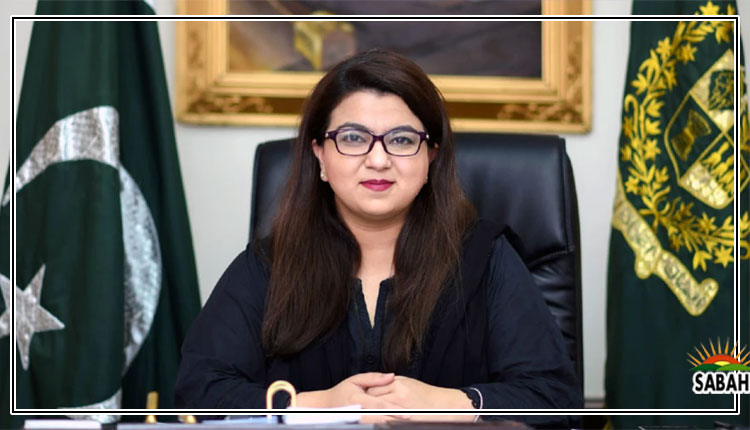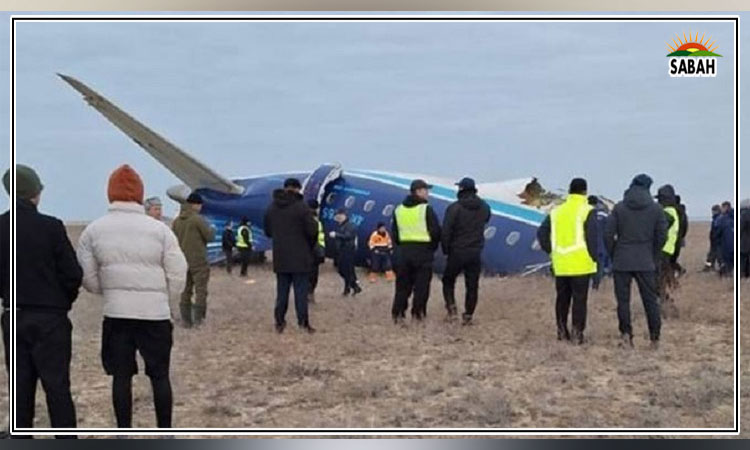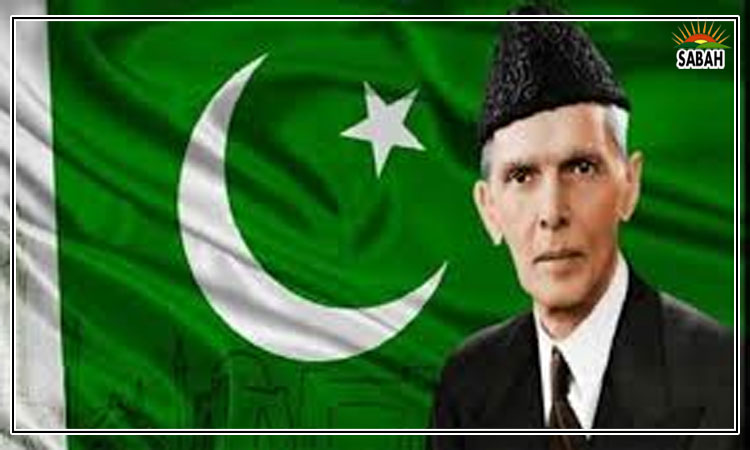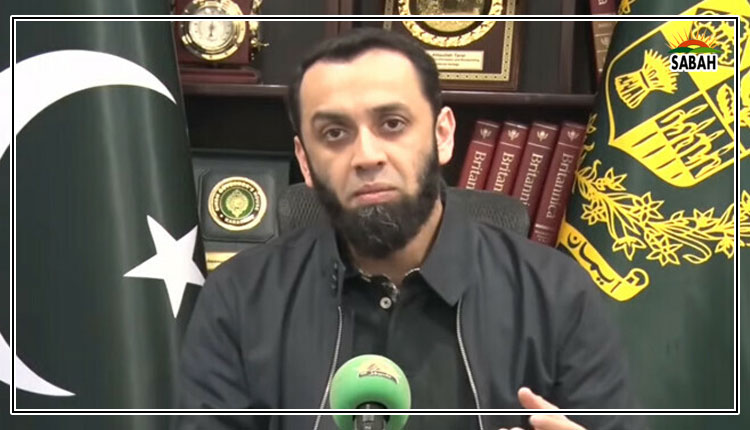Debating disinformation…Omar Quraishi
I am in Sarajevo right now to attend a global conference on fact-checking Global Fact 11 which is held regularly; this is the 11th edition. Before I talk about the conference and what was discussed in it in greater detail, a few things about Sarajevo.
This is the first time I have come to the beautiful city and while we have all heard about its violent and bloody past, its clear that the country and city have moved on and are rapidly progressing. One of their goals is to formally join the European Union and Schengen area (something that its neighbours Slovenia and Croatia have already done).
Bosnia is probably the only Muslim-majority country in mainland Europe but it has a sizeable Serb and Croat minority as well and on the face of it they have learnt to coexist. Most probably because they realized a long time ago that no one wins in permanent conflict and war a lesson perhaps for us in South Asia.
On the way from Sarajevo airport to my accommodation near the city centre, I saw many buildings with holes in their facades. I asked the taxi driver what these were and he said these were from the war in the early 1990s and that many building owners had not fixed them as a reminder of what had happened in the past and the sacrifices the people had made. The city was placed under siege for many months and hundreds of civilians were killed. I was told there is also a bridge in the city over a river where many sniper deaths took place. My host later mentioned that there are colour markings on some roads and these are to signify locations where people died in mortar attacks during the war.
But as I said, the city and the country have moved decisively forward and it shows in how its citizens lead their lives and how economic activity is going full steam ahead.
Back to Global Fact 11. The opening of the conference was a conversation between Nobel Peace Prize-winning Philippines journalist Maria Ressa and AFPs Global News Director Philip Chetwynd titled ‘Defending Truth in the Age of Disinformation’.
One of the main takeaways from that was that fact-checkers play a key role in trying to ensure that the news and information that is disseminated and circulated for public consumption is as truthful and accurate as possible. Ressa said that fact-checkers were created by tech companies to fact-check their content and she asked if they should even accept money from tech.
As a journalist and as someone who has been a reporter, it is your job to verify what you report on and see to it that the facts and details accurately reflect the reality as closely as possible. So one can easily argue that fact-checking is an intrinsic part of journalism since it is the job of journalists to fairly and accurately report events.
News organizations should also see it as part of the work their journalist staff are supposed to do and need to be prepared to back this with a proven commitment to training and providing them with the skills they need in todays world of social and digital media (deep fakes and so on) to be able to stamp out disinformation.
They need to understand that the widespread advent of broadband internet in Pakistan along with the rapid rise of social media platforms means that Pakistanis now get their news, or what they consider news, not from mainstream newspapers or TV channels or even websites of mainstream news organizations but rather from YouTube, Facebook, TikTok, Twitter/X and very often WhatsApp.
Of course, a lot of this news is inaccurate or often rumours at best and the motive for its dissemination is not to provide accurate and truthful information but in fact to churn out a particular narrative or to put down and challenge an opposing narrative. Either way, its often based on incorrect or partially truthful news or sometimes just plain lies but ordinary users /readers are usually not able to distinguish fact from fiction or propaganda from fact.
Take the case of the rise of the PTI and Imran Khan to the post of prime minister. Of course, he is a popular leader but his rise from the days of the dharna in 2014 to eventually taking oath as prime minister rested in large part on the social media army of his party putting out false narratives attacking anyone and everyone who opposed Imran Khan; often these narratives were heavily laced with details and stories that were quite simply fiction. Unfortunately during that time, instead of trying to counter the disinformation, much of Pakistans mainstream media was an active participant in propping the PTI to power.
One can only hope that it has learnt its lesson and will invest in what is a basic essential of good journalism: fact-checking.
Courtesy The News












